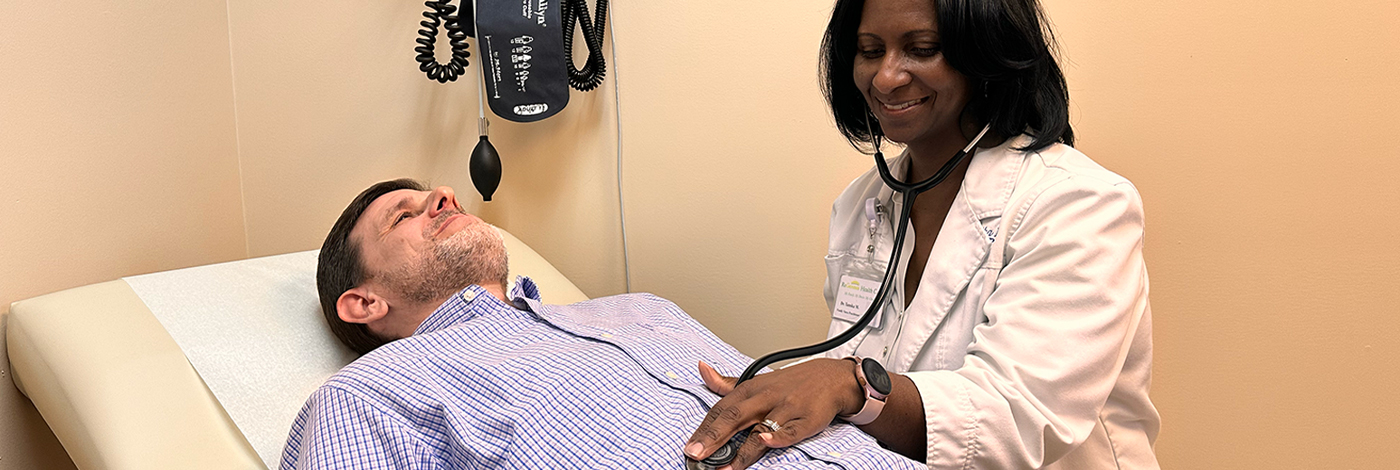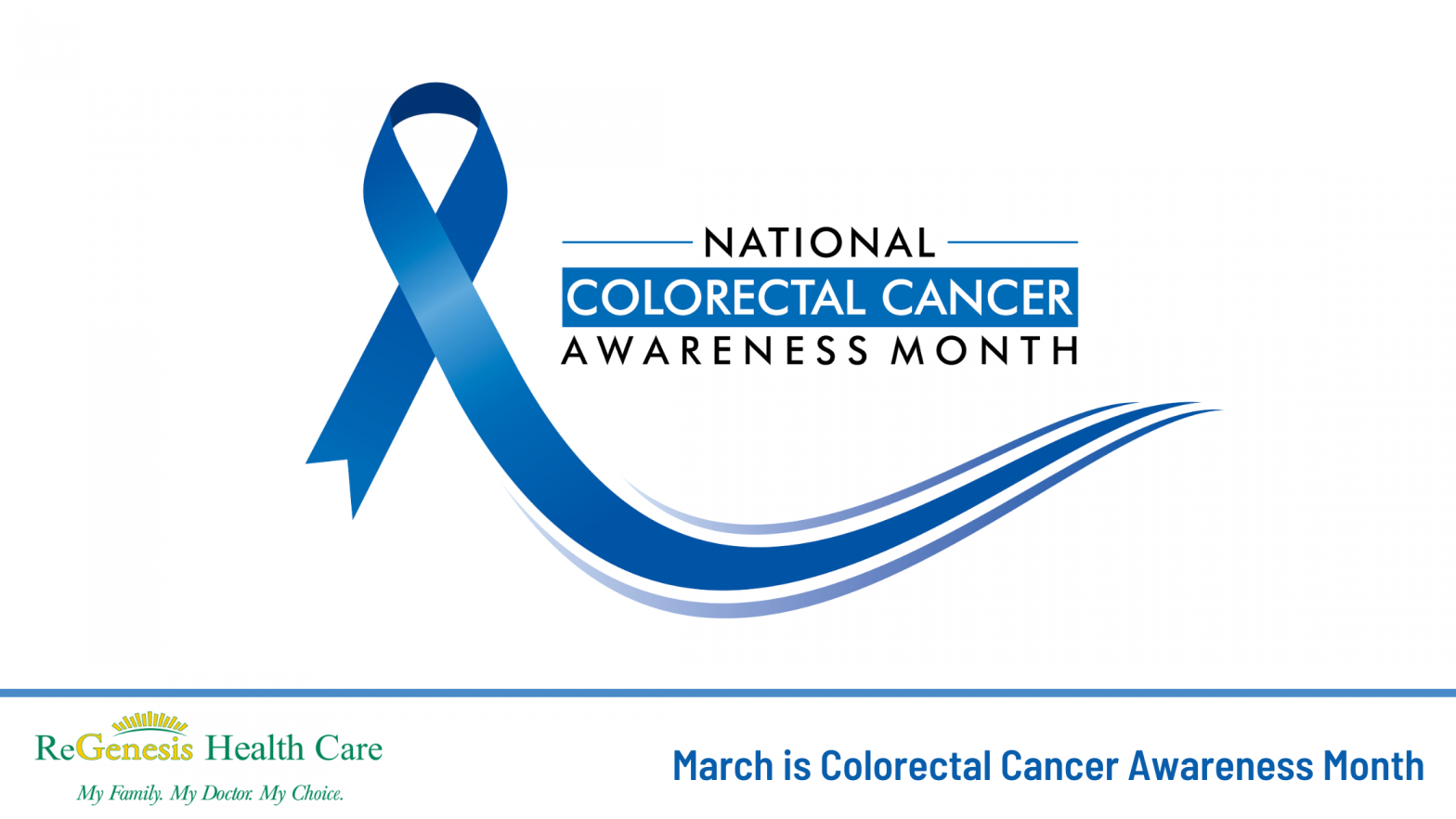March isn’t just the start of spring; it also marks National Colorectal Cancer Awareness Month. With this post, we aim to shed light on this critical health issue, provide vital information, and present actionable ways you can take part in awareness and prevention.
Understanding Colorectal Cancer
What is Colorectal Cancer?
Colorectal cancer is a type of cancer that begins in the colon or the rectum. It’s often grouped together because they share many features. This type of cancer can grow through the colon’s wall and spread to lymph nodes and other organs, which makes it essential to detect early. Understanding the basics of colorectal cancer, such as its risk factors and common symptoms, is the first step toward preventing it. According to the American Cancer Society, colorectal cancer is the third most common cancer diagnosed in the United States.
Risk Factors and Prevalence
Colorectal cancer does not discriminate by age, race, or gender, and while it’s more common in adults over 50, cases in younger adults are on the rise. The risk factors for colorectal cancer include inflammatory bowel disease, a personal history of colorectal polyps or colorectal cancer, and a family history of colorectal cancer. Lifestyle factors such as diet, weight, and physical activity can also influence your risk level. Understanding your risk is critical for taking proactive steps to maintain your health.
Preventive Measures
Screening Guidelines
Regular screenings are vital for detecting and preventing colorectal cancer. The United States Preventive Services Task Force (USPSTF) recommends that most adults begin regular screening at age 45 and potentially earlier depending on individual risk factors. Several tests can be used to screen for colorectal cancer, including colonoscopies and stool-based tests. Talk to your healthcare provider to determine which screening options are best for you.
Lifestyle Changes
Adopting a healthy lifestyle can significantly lower your risk of developing colorectal cancer. Simple changes such as increasing physical activity, eating a balanced diet rich in fruits and vegetables, and reducing processed meat and alcohol consumption can make a difference. Maintaining a healthy weight and avoiding smoking can also contribute to overall prevention.
Early Detection
Early detection can save lives. Be proactive about your health and seek medical advice if you notice any symptoms such as changes in bowel habits, rectal bleeding, or persistent abdominal discomfort. Regular screenings play a significant role in diagnosing colorectal cancer at its earliest, most treatable stages.
Types of Colorectal Cancer Screenings
Finding the Right Fit
Different screening tests have varying levels of invasiveness and requirements. It’s important to select a method that you’re comfortable with and willing to keep up with the frequency your doctor advises. Consider factors such as sensitivity, specificity, and convenience when deciding on the best approach for individual screenings.
Colonoscopy
A colonoscopy is a commonly known and comprehensive procedure that examines the entire colon for signs of cancer. It is performed by a specialist, and any polyps found can be removed during the procedure. Although it requires colon cleansing and sedation, its thoroughness is often preferred by healthcare professionals.
Virtual Colonoscopy
Virtual Colonoscopy, also known as CT colonography, is a less invasive alternative to traditional colonoscopy. It utilizes computed tomography (CT) scans to generate high-resolution images of the colon and rectum, allowing doctors to visually inspect for polyps and cancer. This method does not require sedation and is typically quicker, with the patient able to return to normal activities immediately after. However, if polyps or abnormalities are detected, a traditional colonoscopy may still be needed for removal or further examination.
Stool-based Tests
Stool-based tests are non-invasive and can be done at home. They look for blood in the stool (fecal occult blood tests) or abnormal DNA associated with polyps or cancer. Positive results will require a follow-up colonoscopy to get a definitive answer.
Flexible Sigmoidoscopy
Flexible sigmoidoscopy focuses on the lower part of the colon and is also performed by a specialist. This procedure is less extensive than a full colonoscopy but requires similar preparation. It can detect polyps and cancers in the rectum and lower part of the colon.
Support and Resources
National Organizations
Several organizations are dedicated to raising awareness about colorectal cancer, supporting patients, and funding research. The American Cancer Society, Colorectal Cancer Alliance, and Fight Colorectal Cancer are just a few organizations that provide valuable resources, support, and advocate for the cause.
Campaigns and Initiatives
Engaging in campaigns and community initiatives can galvanize support and bring greater attention to colorectal cancer. Whether it’s participating in awareness walks, utilizing social media to spread the word, or volunteering for organizations, your actions can amplify the collective voice for change.
Community Involvement
Communities are powerful forces in the fight against colorectal cancer. Local support groups, educational events, and collaboration with healthcare providers can create a network of support and information-sharing. Community involvement is especially crucial for underserved populations to ensure access to resources and support.
Taking Action
National Colorectal Cancer Awareness Month is not just about awareness; it’s about taking concrete steps towards prevention and support. Take action by scheduling your screening, encouraging loved ones to do the same, and participating in local events to promote a healthy lifestyle and early detection.
Remember, colorectal cancer screening saves lives. Don’t delay. Schedule your colorectal screening at ReGenesis Health Care today by calling (864) 582-2411.



